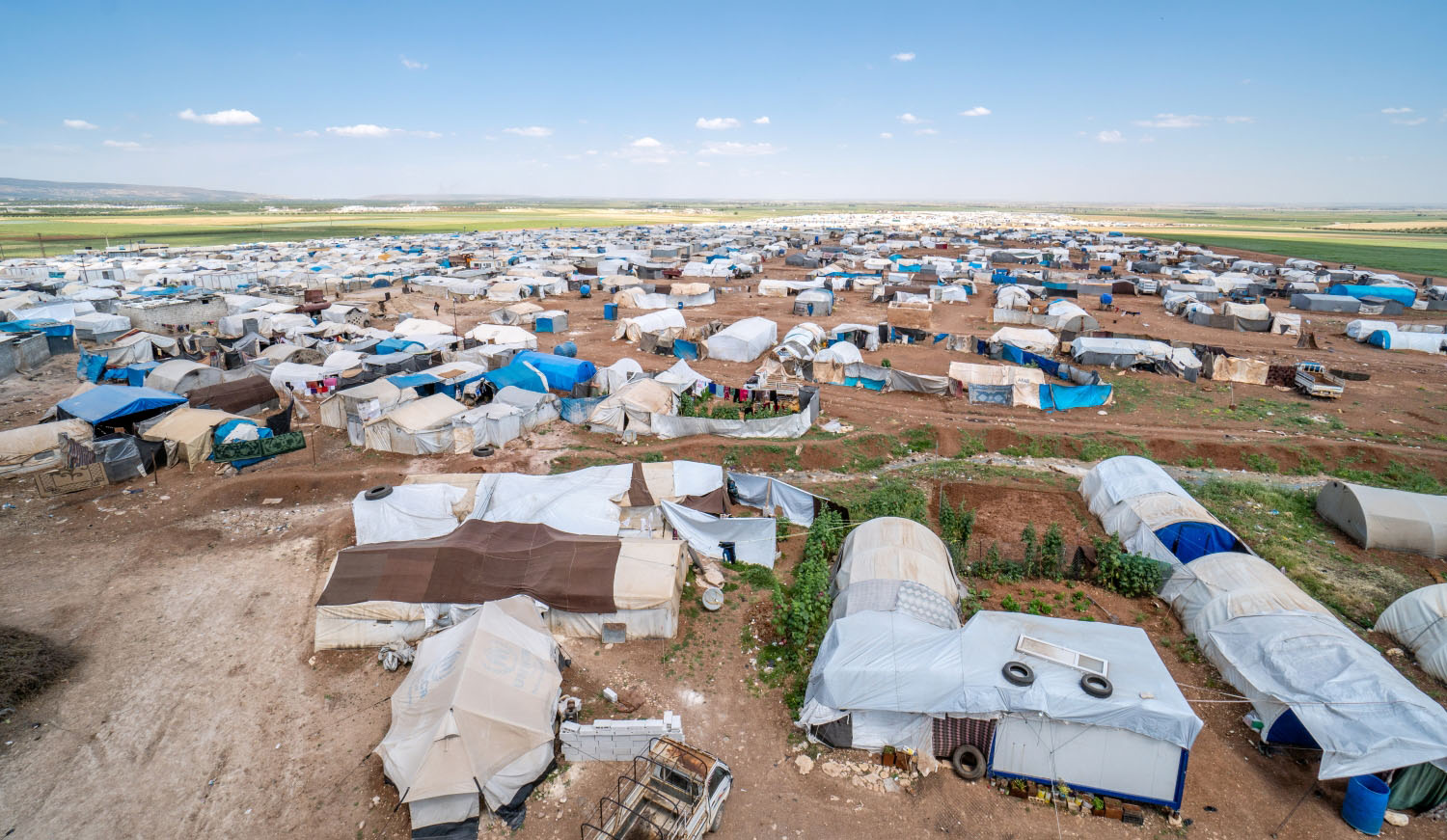This paragraph is from a Ross Douthat Op-Ed in the New York Times a few days ago, referring to Egypt:
“But history makes fools of us all. We make deals with dictators, and reap the whirlwind of terrorism. We promote democracy, and watch Islamists gain power from Iraq to Palestine. We leap into humanitarian interventions, and get bloodied in Somalia. We stay out, and watch genocide engulf Rwanda. We intervene in Afghanistan and then depart, and watch the Taliban take over. We intervene in Afghanistan and stay, and end up trapped there, with no end in sight.”
Aid, like other interventions, can indeed make fools of us. Last year the United States provided some $1.3 billion to Egypt. Some would now say that aid was a mistake. But not providing aid, as we have done at various times in Rwanda, Afghanistan, and Pakistan when foreign policy dictated against doing so, may also have been a mistake.On why aid is problematic:First, if the objective is development (better lives for people and a transformed, modern state that responds to people’s needs and respects their human rights), it’s risky. Often it just doesn’t seem to work, even after decades (Haiti seems an apt example).Second, donors need to be patient and take the long view. Even in postwar Europe the Marshall Plan didn’t seem to work until after a couple of years at least. But
donors generally aren’t patient ; they can’t be, because the political constituency for aid is fragile.Third, as I and colleagues have pointed out in the case of Pakistan, aid
rarely provides real leverage on the recipient government’s decisions, about development investments or anything else. So aid is a fool’s game especially if the fool thinks aid is an effective bribe.A common argument for development aid is that it’s cheap compared to military aid, and really cheap compared to military action, and it might do some good.Most U.S. development aid to Egypt in the last three decades has gone for health and family planning (a big benefit for women and children), basic education, and support to civil society and democracy groups.Of course, aid can be counterproductive—for security as well as development objectives—when it props up repressive governments, contributes to
Dutch disease, or supplants private sector activity. For a good summary of the results of econometric analyses of what we know and don’t know—and may never know, see David Roodman’s paper on
Macro Aid Effectiveness Research.As Nicolas van de Walle shows
here, leaders get worse at leading the longer they stay. He recommends donors exit if a leader stays more than 12 years. Even humanitarian aid risks helping incumbents (Philip Gourevitch
argues this was the case in Biafra) because money is fungible – the incumbent saves his resources when others feed his people.But of course that’s basically just another theory (backed by some astute observation and a bit of empirical work, but still).So let me end as Douthat did:
“Sooner or later, the theories always fail. The world is too complicated for them, and too tragic.”
Was three decades of “good aid” to Egypt a good idea? Should the United States have used good aid and military aid to lock in Egypt’s peace agreement with Israel? Should the United States have exited with its aid once Mubarak had overstayed the 12-year recommended limit?What do you think?
CGD blog posts reflect the views of the authors, drawing on prior research and experience in their areas of expertise.
CGD is a nonpartisan, independent organization and does not take institutional positions.





